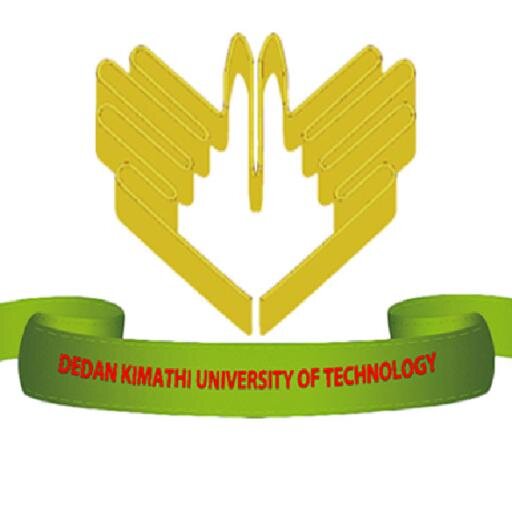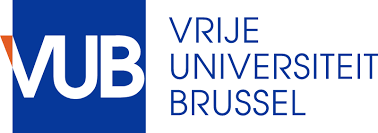The programme is focusing on different stages in the value chain of legumes, from agriculture production, post-harvest storage, food processing, to impact on human nutrition and health.
The department of Horticulture and will focus on legume production and management practices including breeding for easy to cook flatulence free varieties of high nutritional value.
The department of Food Science and Technology will develop a tool kit for identifying the sensitivity of legumes to the hard to cook defect (HTC).
The department of Nutrition and Dietetics in collaboration with College of Health Sciences will identify legume consumption patterns and determinants, will carry out in vitro and in vivo trials on the nutritional and health impact of whole legume and legume derived foods on nutrition and health of vulnerable groups particularly children and women.
This project will reinforce the School of Computing and Information Technology such that it can participate in the emerging computer science research area of software tools for (big) data science, in particular in the field of agri-informatics. See below the interrelationship.
Today’s farmer need to make confident data driven decisions along the agricultural value chain.
ICT offers great opportunities for governments and other agencies to address the global challenge of Environment, Diseases, Nutrition, Food Safety, Security and Poverty.

Channel Analytics: Helps to identify patterns in a customer's behavior so that companies can cater their support efforts in ways that drive product sales as well as customer satisfaction.

Manual monitoring of greenhouse parameters affects most farmers in Kenya leads to prevalence of pests and diseases, low crop yields, increased labor costs.

Different smart agriculture scenarios require specific tools as we build towards data driven agriculture e.g., environmental data collection, actionable alerts etc.


In March 2016, Jomo Kenyatta University of Agriculture and Technology became the only Kenyan university that won a VLIR-UOS funded IUC Programme to establish a Legume Centre of Excellence for Food and Nutrition Security (LCEFoNS). This is a North –South Collaboration between JKUAT in Kenya and KULeuven and Vrije Universiteit Brussels, both from Belgium. The Programme is an interdepartmental and interdisciplinary project that will be domiciled at the Faculty of Agriculture involving different departments at the faculty and but working closely with the College of Health Sciences and School of Computing and Information Technology.
The programme will focus on different stages along the value chain of legumes, from agricultural production, postharvest storage and food processing until human consumption and its impact on human nutrition and health. The role of ICT in data collection, handling, management and dissemination of project outputs will be explored.
The IUC Programme will be implemented in 4 steps over a period of 12 years (see road map below): the first step is the pre-partner stage which involved match making between JKUAT partner departments and the Belgian partners. It is in the match making event that KULeuven and VUB emerged as suitable matches for specific JKUAT departments as explained in the specific projects. Once the partners were identified, the initial concept note was transformed into a full proposal in April 2016. The programme was positively evaluated in July 2016 and approved to start in Jan 2017. Phase 2 which begins in 2017 is the capacity building phase. This will include the recruitment and training of MSc and PhD students. The next phase is the consolidation and and valorization step which will involve translation of the research outputs of the first implementation phase into development outputs. The last step is the phasing out step which is the weaning step as the Programme finalizes.
LCEFoNS objectives resonate well with the trends in the global agenda in terms of nutrition and health. The year 2016 was declared by FAO the international year of pulses. This shows the critical importance of the IUC in development.